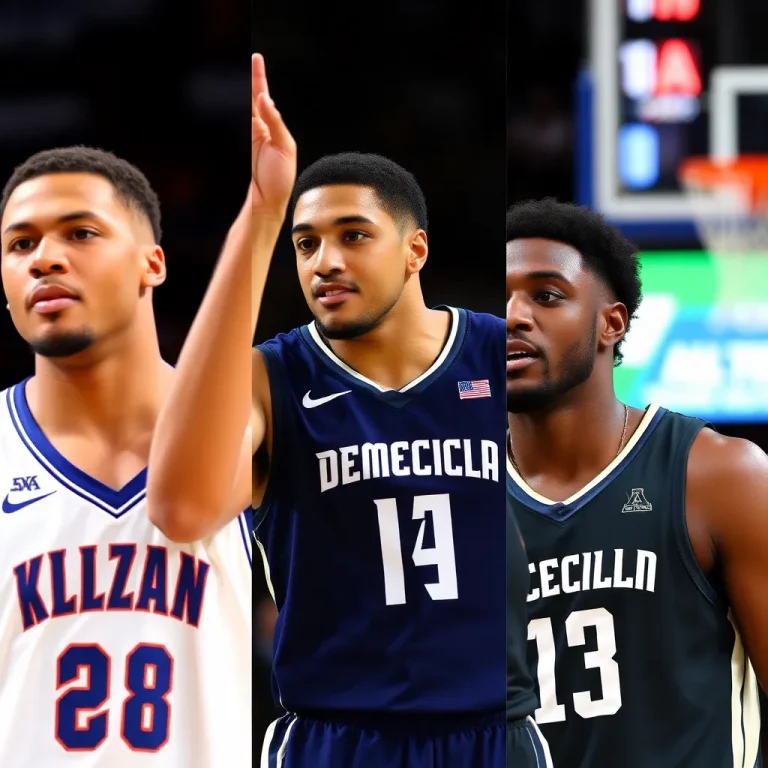Fresno, California – In a shocking development in college basketball, the NCAA announced on Wednesday that three players from Division I schools have been permanently banned from participating in college athletics. This decision follows an extensive investigation into gambling activities involving the players at Fresno State and San Jose State.
The players, Mykell Robinson, Steven Vasquez, and Jalen Weaver, were found to have bet on their own games during the 2024-25 regular season. Notably, the NCAA discovered that two of the players actively altered their performances to ensure certain bets were successful. The violations came to light when a sports integrity monitoring service noticed irregular betting patterns on Robinson in a Nevada sportsbook back in January.
According to the findings, Robinson and Vasquez were roommates during the 2023-24 season. Text messages revealed discussions about intentionally underperforming in statistical categories during games. Notably, they placed bets totaling $2,200 on this underperformance, resulting in a payout of $15,950 shared among the participants.
Additionally, Robinson engaged in multiple betting activities, including 13 daily fantasy sports prop bets linked to his performance. He once cashed in $618 from a $454 wager. Not to be left out, Weaver also placed a prop bet for himself, Robinson, and another player, netting $260 from a $50 wager.
While Robinson and Vasquez did not cooperate with the NCAA’s investigation, Weaver did come forward and accepted responsibility for his actions. Following the decision, all three players are no longer enrolled at their respective schools and have been released from their teams; however, neither school faced punitive measures as part of the outcome.
This incident reignites concerns about gambling within college sports, particularly after a major scandal roughly eight years ago involving illegal payments to players. According to the NCAA, the rise of legalized gambling across the country has led to an increase in enforcement actions regarding sports betting violations. They noted their enforcement staff is currently dealing with numerous ongoing gambling investigations.
The NCAA is considering changes that would allow athletes and staff to place bets on professional sports while tightening regulations on college sports betting. Still, rules banning collegiate athletes from betting on their own teams or sports remain in place.
The ramifications of this case highlight the critical need for integrity in sports and call for ongoing vigilance as gambling continues to evolve within the collegiate athletics landscape.


